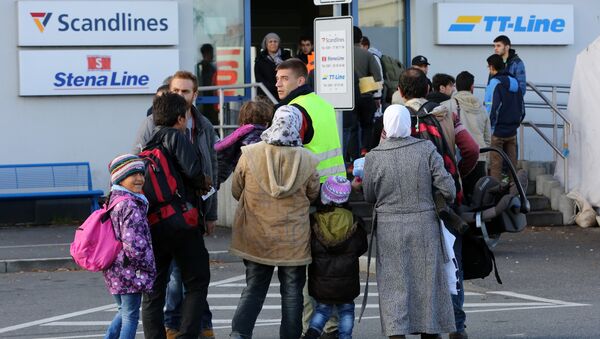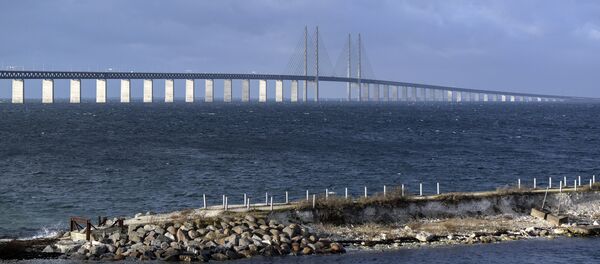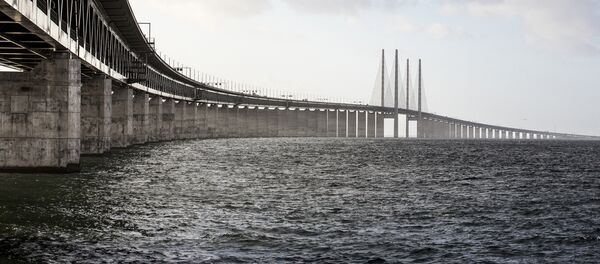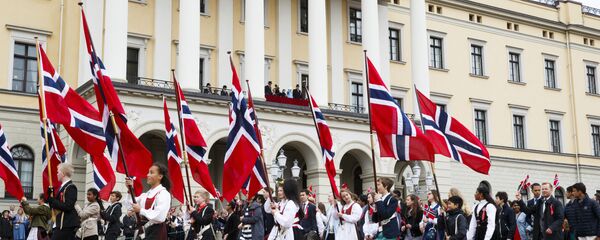"The main reason is the internal security," Anders Anundsen told Aftenposten.
Asylum applications in Norway fell by 95 percent between the last quarter of 2015 and the first quarter of 2016. Despite the marked drop in the number of arrivals, the situation has changed too little in recent months, Anders Anundsen noted.
"The reason is the internal security, the number of unregistered persons within the Schengen and the need to maintain a satisfactory control over the Schengen's external borders," Anundsen told Aftenposten.
"I think that our goal should be to keep the number arrivals low as possible, and we must deal with it regardless of what happens," Sylvi Listhaug told the Norwegian tabloid newspaper Verdens Gang.
Fresh estimates from the Norwegian Migration Board indicate that up to 8,250 asylum-seekers are likely to arrive in Norway next year, which is twice as many as this year's forecasts indicate. Last year, Norway took in a record 32,000 asylum-seekers. In years before the migrant crisis, Norway received 11,480 and 11,983 asylum-seekers.
"We have a huge integration task ahead of us and I believe it is important with some help in our immediate surroundings," Listhaug said, advocating the continuation of border controls. "If border controls are removed, Europe is in for a new influx," Listhaug said, citing hundreds of thousands of refugees from mainland Africa and the Middle East currently stuck in Italy and Greece and probably heading northwards.
Oslo introduced temporary border controls as an extraordinary measure on November 26 last year due to the unprecedented influx of refugees. The controls, endorsed by Brussels, apply, among other things, to ferries that call from Denmark, Sweden and Germany. The other Schengen countries that have been granted temporary permission to border controls are Sweden, Denmark, Germany and Austria. Brussels' approval of the border controls system expires on November 12.
Although the Kingdom of Norway is not a member state of the EU, it is closely associated with the union through its membership in the European Economic Area (EEA) and being a European Free Trade Association (EFTA) member. This in-but-out status nevertheless requires Brussels' approval of Oslo's moves.





